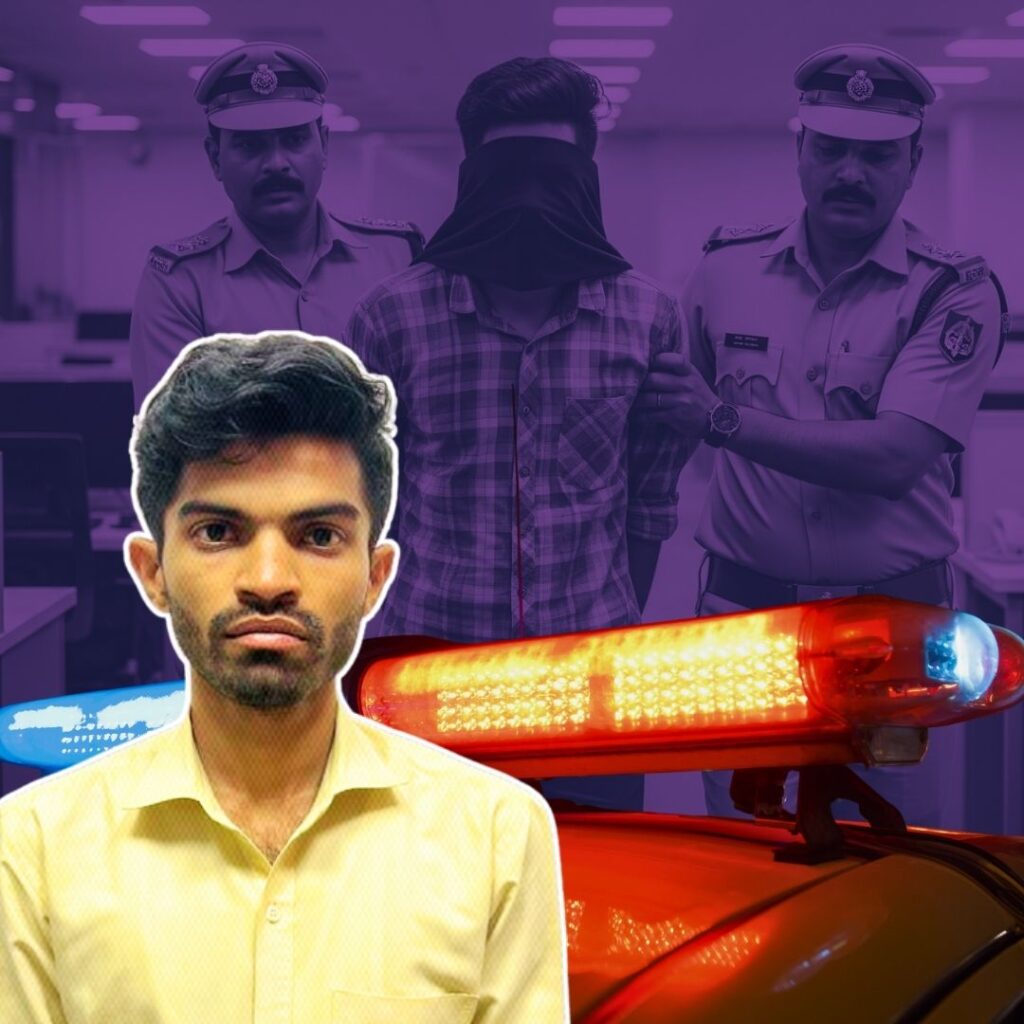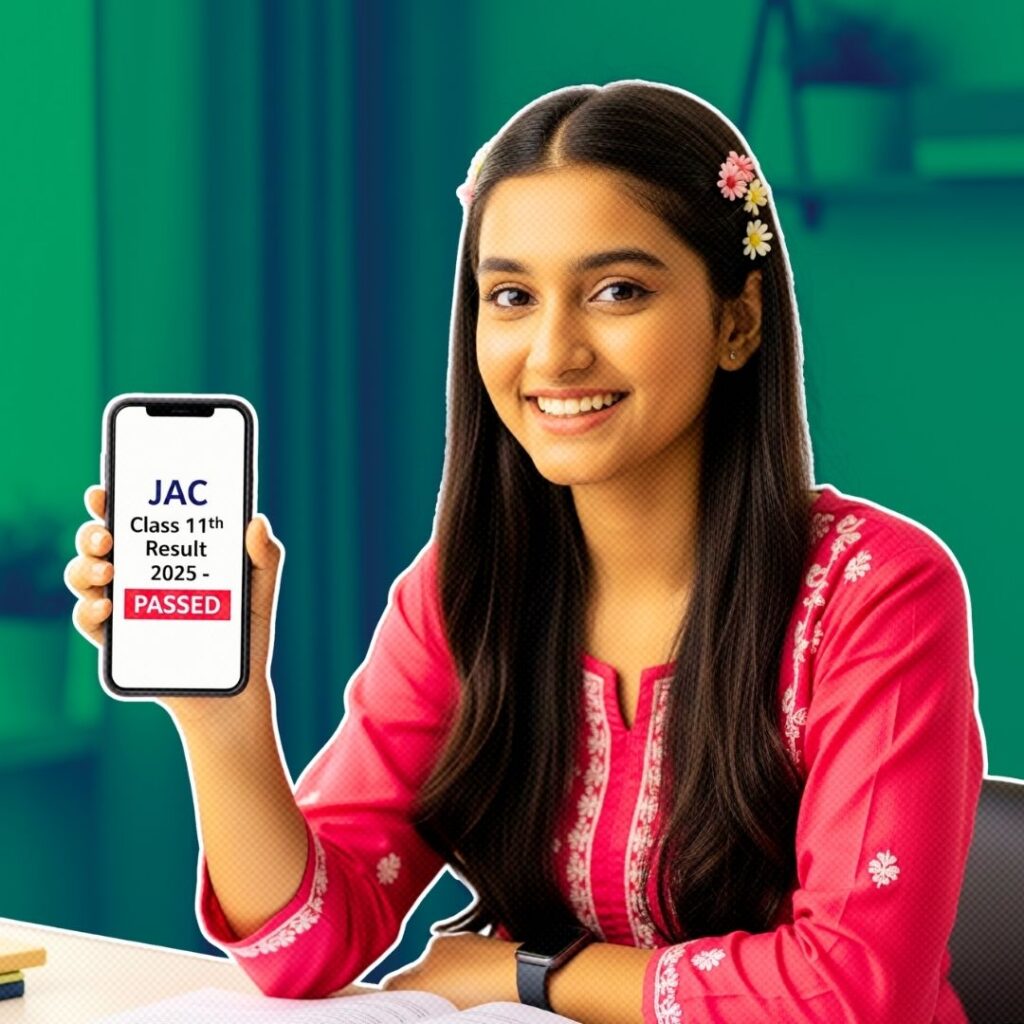19-year-old Shaqib was arrested by the police on 18 November after Mukesh Kumar, a BJP worker in Tohana, in Haryanaâs Fatehabad district, complained about a morphed photograph of Prime Minister Narendra Modi that was making rounds in social media and was also shared by the youth, as reported by The Indian Express.
A police team from Tohana travelled to Shahpur-Kalyanpur village in Uttarakhand, where Shaqib worked as a tailor. Md. Shaqib is a resident of Khera Mewat village in Uttar Pradeshâs Saharanpur district.
A hard time for the family
Shaqibâs family and neighbours are anxious and sad over the arrest of the young man. They agree that Shaqib did not use the mobile phone in the right manner, but at the same time, they are wondering if this is enough to put someone behind bars.
Shaqibâs grandmother gave all her saved money to Salim to help bring her 19-year-old grandson out of jail.
Shaqibâs mother, Jule Khan, 45, recalled how Shaqib had not touched food for almost six days as he was stubborn and desperately wanted a touchscreen phone.
For the residents of Khera Mewat village, buying a smartphone is a luxury. In spite of that, seeing that his son was not ready to budge from his demand of purchasing a smartphone, Salim, 47, borrowed money to buy Shaqib the phone he wanted for Rs 7,500. Salim, himself, is a daily wage labourer who earns around Rs 6,000-8,000 a month.
Shaqibâs family is new to Haryana, and they are nervous as to how they would bring him out of jail. On 18 November, after the family learnt about Shaqibâs arrest, they tried getting in touch with the Tohana police officers who had arrested Shaqib.
Salim was able to meet his son on 20 November, but by that time he was sent to the Hisar jail, 75 kilometres from Tohana.
What did the police say?
The Logical Indian got in touch with Tohana police station. While speaking to us, the police confirmed that Shaqib was responsible for sharing âobsceneâ and morphed photographs of PM Modi, where he was spotted with women in WhatsApp groups.
âShaqib has been booked under sections 67 (publishing or transmitting obscene material in electronic form) and 67-A (publishing or transmitting material containing a sexually explicit act, etc., in electronic form) of the Information Technology Act, and Section 292A (putting into circulation a grossly indecent or scurrilous picture) of the Indian Penal Code,â the police added.
The Logical Indian Take
Time and again, Section 66A has been misused by those in power.
In 2012, Jadavpur University professor Ambikesh Mahapatra was arrested for posting a spoof caricature on West Bengal CM Mamata Banerjee. Activist Aseem Trivedi, a controversial Indian political cartoonist and activist, has also been booked under the draconian law. In 2013, poet and writer Kanwal Bharti was arrested by the Uttar Pradesh police for posting a Facebook message that criticised the state governmentâs suspension of IAS officer Durga Shakti who had cracked down on the sand mafia.
In 2015, over 3,000 people were arrested by the police for violating section 66A of the Information Technology Act despite it being struck down.
In April this year, Varanasi district magistrate (DM) Yogeshwar Ram Mishra and SP Nitin Tiwari issued a joint order stating that an FIR can be filed against a social media groupâs administrator if factually incorrect information, rumours, morphed images or misleading information are circulated on her/his social media group.
A teenager in Uttar Pradesh, Zakir Ali Tyagi, had been arrested in October for a comment that he had made on the social media on the recent ruling about the Ganga and Yamuna rivers being âliving human entityâ and also commenting on the temple politics of the BJP.
Adding to the list of arrests, a businessman, Debjit Roy and another person, Anupam Tarafdar were put behind bars in the same month in Balurghat in North Bengal after they uploaded Facebook posts that were allegedly seen as a criticism of the traffic restrictions imposed in the city during the festive season.
A 19-year-old man was arrested in Tamil Nadu for posting âderogatoryâ remarks about PM Modi on a Facebook personal chat. Another 32-year-old was arrested in the state for criticizing State Fisheries Minister Jayakumar on social media.
G Bala, a freelance cartoonist from Tirunelveli, Tamil Nadu, was arrested by the crime branch wing for posting a caricature on social media criticising Chief Minister Edappadi K Palaniswami and the district administration.
Section 67 gives immense power to the government or anyone in a position of influence to curb criticism. It is against the common manâs interests. Its usage of terms âobsceneâ, âlasciviousâ, âprurientâ, âwith intent to cause harmâ is vague. It gives the government complete impunity to disregard what it constitutes a threat to its rule. Time and again, the Section has been used by political leaders to curb free speech on the Internet. It needs to have the same fate as Sectio…











